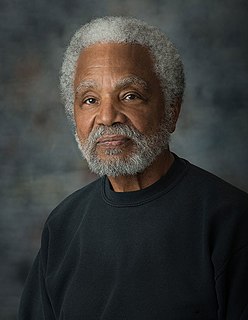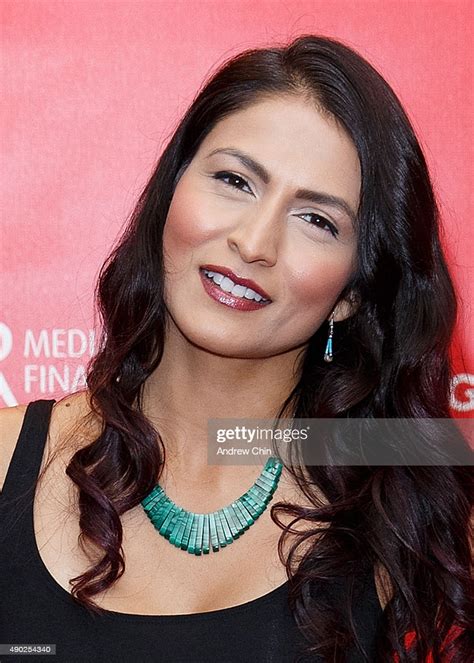A Quote by Jim Lovell
We got to the moon on Christmas Eve 1968, at the end of a poor year for this country. We had Vietnam. We had civil unrest. We had the assassinations of Robert Kennedy and Martin Luther King. But we went around the moon and saw the far side for the first time. A script writer couldn't have done a better job of raising people's hope.
Related Quotes
I think all of us thought that by the '70s, at the latest the '80s, all the world's problems would be solved and everyone would be getting along fine. And instead we saw that Martin Luther King Jr. was assassinated that year, Robert F. Kennedy died. We saw that it was going to be a lot more difficult than I think we had thought.
When John Kennedy was assassinated I was twenty-three, a stockbroker on Wall Street and married, and I never ever thought that politics would be anything that I would be a part of. But I realized that I had to get involved. Then, when Martin Luther King was assassinated and the Vietnam War was raging, I felt that my world was falling apart. I had these two beautiful children - three and one - and I just said, "I have to make it better."
We talk about how hard it is now. But if we look back at the '60s, we actually had a president that was assassinated. We had riots, we had Vietnam, Martin Luther King, Malcolm X, the FBI, and the Black Panther war. There was so much happening at the time where it felt like America was coming apart at the seams.
What is accurately portrayed is the rich humanity not just of Martin Luther King but of the movement, which was a multiracial movement. You had blacks and whites coming together and sacrificing, organizing and mobilizing the world. That's the first time we've had collective action put at the center of any kind of portrayal of Martin King on the screen.
Martin Luther King really was a safety valve for white people. Any time it appeared that the black community was on the verge of really doing what we ought to do based on having been attacked, they put Martin Luther King on television. He was always saying, "We must use nonviolence. We must overcome hate with love." White people loved that. That's why they gave him a Nobel Prize. But when Martin Luther King started condemning the Vietnam War, that's when white people turned against him.
When that devil's bullet lodged itself inside the body of Martin Luther King, he had already begun an astonishing mobilization of poor, Black, white, latino Americans who had nothing to lose. They would challenge our government to eliminate exploitative, merciless, and war-mongering policies, nationwide, or else "tie up the country" through "means of civil disobedience." Dr. King intended to organize those legions into "coercive direct actions" that would make of Babylon a dysfunctional behemoth begging for relief. Is it any wonder he was killed?
he first make-up crew had three test runs, so by the time we were shooting, they got it down to three hours. They switched make-up crews for Eclipse and they never had any test runs, and they had to figure out what the other team had done, so the first day, I was in the chair for eight hours. But, they adjusted the scar from New Moon to Eclipse. The first time, there was more pullage on my face, so I had a hard time eating. It didn't hurt, but it was uncomfortable.
The American Dream is individualistic. Martin Luther King's dream was collective. The American Dream says, "I can engage in upward mobility and live the good life." King's dream was fundamentally Christian. His commitment to radical love had everything to do with his commitment to Jesus of Nazareth, and his dream had everything to do with community, with a "we" consciousness that included poor and working people around the world, not just black people.
The white man supports Reverend Martin Luther King, subsidizes Reverend Martin Luther King, so that Reverend Martin Luther King can continue to teach the Negroes to be defenseless - that's what you mean by nonviolent - be defenseless in the face of one of the most cruel beasts that has ever taken people into captivity - that's this American white man, and they have proved it throughout the country by the police dogs and the police clubs.
































